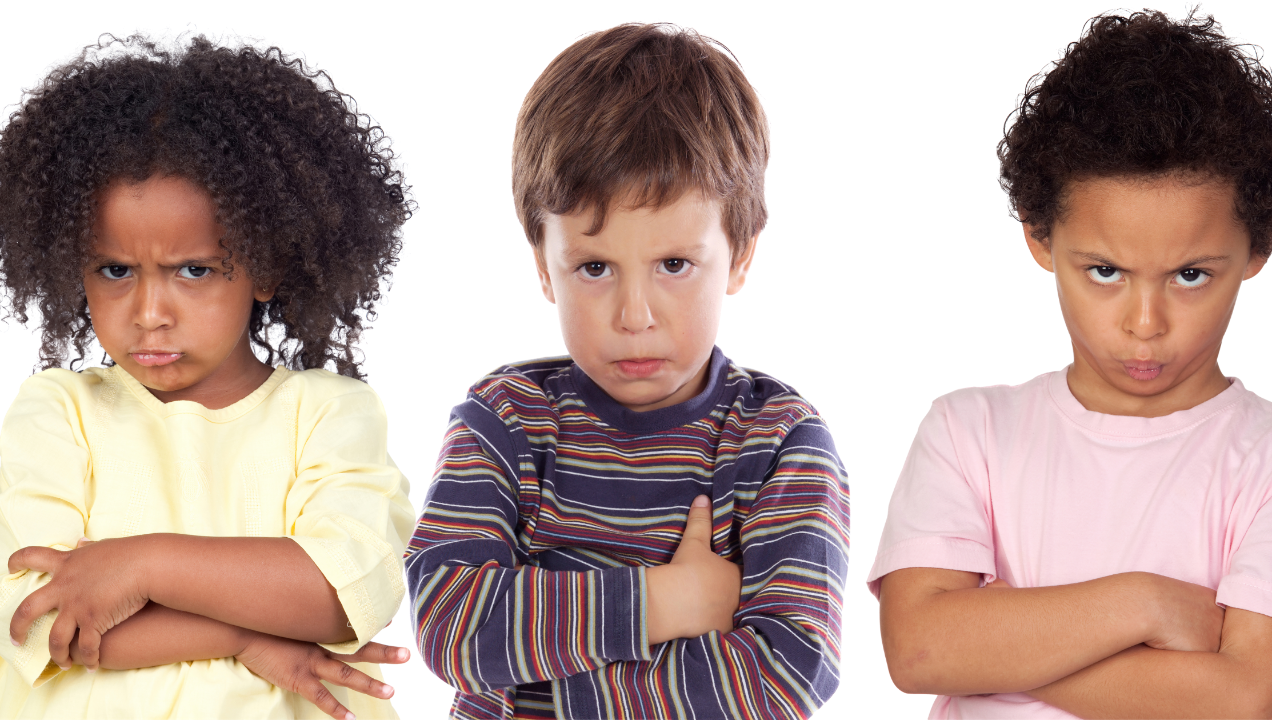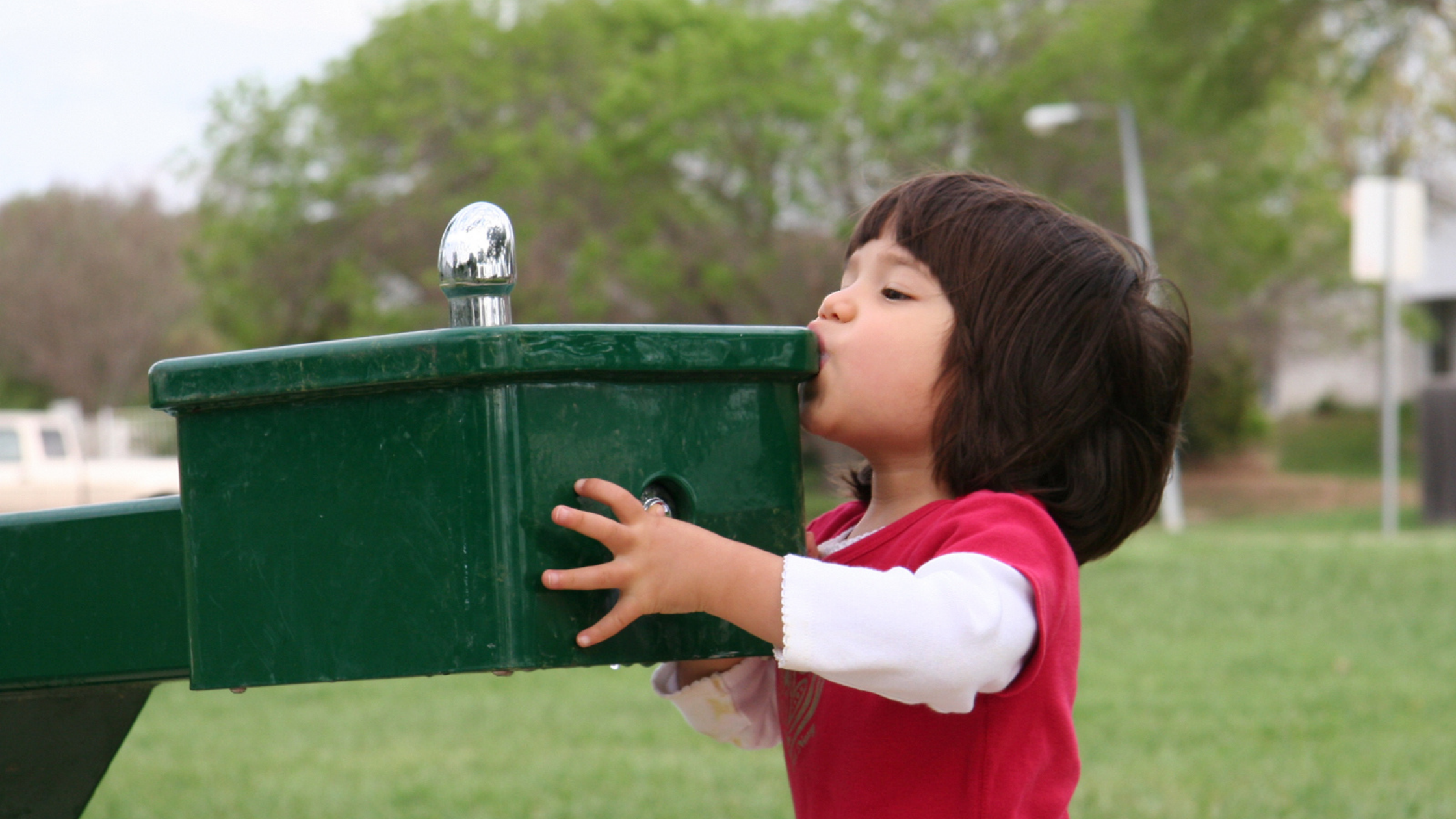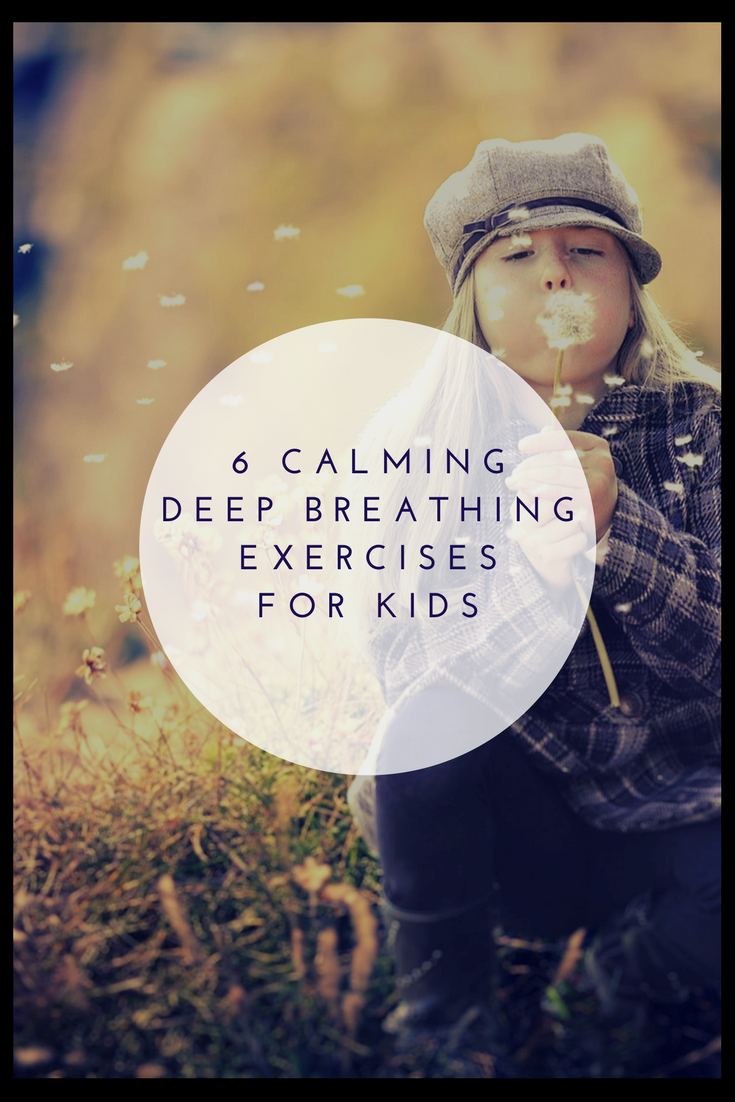The Socially Skilled Kids Blog
PERSPECTIVE TAKING: THE MOST IMPORTANT SKILL TO TEACH!

WHY IS PERSPECTIVE TAKING SO IMPORTANT?
Perspective Taking is so important for children to learn because they need this important social skill to relate to others, to make others feel comfortable around us, and to know how to influence others in a positive way. Understanding the perspective of another person is an essential skill that promotes emotional intelligence.

To help children develop and improve their social perspective-taking skills, we need to first explain what perspective-taking is, then provide many examples of particular situations which would require good use of perspective-taking, in order to have a successful social experience.
In other words, define it and practice it. This is the best way for students to learn and experience the benefits of perspective taking.

Define it:
Perspective Taking is understanding something from someone else’s point of view.
*Note: You do not have to agree with someone, to understand their perspective. Understanding anot...
5 TIPS FOR TEACHING GRATITUDE TO YOUR STUDENTS
WOULD YOU LIKE TO TEACH YOUR STUDENTS ABOUT GRATITUDE?
The new year is a great time to work on the idea of gratitude, with your students. This blog post will give you some fun tips that you may want to try out to help children gain a greater sense of what gratitude is, how can we feel it and show it.

Tip 1: Have students share something that they are grateful for during morning meeting or closing circle on a regular basis. Challenge students by giving them some guidelines such as; people, places, household items, etc. One of the best ways to learn to express gratitude is by practicing every day!
Tip 2: Have a gratitude jar. Have a spot for a jar, special paper and pen/pencil and have students write short notes throughout the day/week about different things they are grateful for. At the end of the week, read them before going home. This is a great way for younger children to learn to express gratitude.
Tip 3: A fun way to get students to learn the importance
...5 TIPS FOR TEACHING GETTING ALONG WITH OTHERS

Do you work with students who struggle with getting along with others? Do they argue over games and rules? Make other kids feel uncomfortable or annoyed? Act as though they are “in charge” of others in social situations?
While all children struggle to get along with others once in a while, for some, it takes explicit teaching and extra practice. There is no best way to teach this skill, but by following these tips you will be well on your way to helping your elementary students build healthy relationships with their classmates.

In order to get along with others in a classroom, small group or play activity {sports team/recess/playdate}, young children need to be able to engage in the following basic social skills:
- Sharing
- Cooperating
- Taking Turns
- Using Kind Language
- Respecting Personal Space
5 Tips To Help Your Students Learn & Practice The Social Skills Needed, To Get Along With Others
Tip 1: Create many opportunities for your students to share by making materials limit...
HOW TO MOTIVATE YOUR “HARD TO MOTIVATE” STUDENTS

“How do I motivate my student?!” This is a question that I get asked frequently as a special educator.
There is a lot of pressure on teachers to “get” a child to do whatever the task at hand may be, no matter how unmotivated the student is. Many varieties of behavior plans and incentive plans have been used, with varying degrees of success, mostly, short term success.
And it always comes back to…how do I motivate my student?

What is motivation?
Motivation is what makes us do the things we do. We often think of two types of motivation, intrinsic or extrinsic.
Intrinsic motivation is that which comes from within us. For example, someone may play soccer because they think it’s fun.
Extrinsic motivation is when something external gets us to do something. For example, someone may play soccer because their parents tell them they have to or they can not play video games.

Is Intrinsic Motivation Better Than Extrinsic Motivation?
Some people think so, and t...
IDEAS FOR TEACHING STUDENTS HOW TO REGULATE EMOTIONS

Do you have a student {or 2, or 3…} who cry over every … little …thing? Ugh … It can be sooo challenging when students do not know how to regulate emotions. We love our kiddos, but when they cry over every little thing that they perceive as a problem {or major crisis} it can be super frustrating. As well as difficult to carry on and teach! Keep reading this post to learn the best way to help teach your students emotional regulation skills.

As a special educator, I frequently get asked how to help these “frequent criers.” Of course, there are many reasons why a child may be crying so much.
First and foremost, I don’t take it lightly, as you never truly know what might be the cause of frequent crying. But if you have done some investigating and you are reasonably sure that there is nothing critically wrong, i.e. severe problems with the child’s home life, health, medical or psychological reason that may require more specialized resources to help… you may find success with a targeted ...
HOW TO TEACH YOUR STRUGGLING SPELLERS

Does your school system teach spelling? A lot of systems do not have official spelling programs. Even if they do, they don’t usually extend beyond elementary school. And they don’t usually provide alternative approaches for teaching spelling for those kids who just aren’t getting it.
So what do you do with those struggling spellers? The students that, in the fourth grade, still…can’t…spell.

In the fourth grade my son struggled to learn all of the spelling rules. He rocked at phonics in the early elementary grades, but beyond that…well, let’s just say he over learned phonics and could not learn and apply the many complicated spelling rules we have in the english language.
After watching him come home with poor spelling tests week after week in the 4th grade, I knew I had to do something alternative to help him. So I came up with some modified spelling activities that I thought would help him learn through the help of visual cues, scaffolding and of course…good ol’ rep...
SCHOOL’S OUT! THE IMPORTANCE OF PROVIDING CLOSURE

For most students, the last few weeks and days of elementary school are very exciting. But for some, it can be a very difficult time and behavior problems can skyrocket.
As a special educator, I see many students who struggle with anxiety over the anticipated transition(s) and as a result, experience an increase in challenging behaviors during this time.
While many of our students love the idea of taking a long break from school and moving on to summer vacation, it’s important to keep in mind that some have mixed or even negative feelings about it.
Having mixed feelings about the end of the school year can look like this…
Students may feel; happy about no school work, sad about not seeing their friends for a long time, worried about whether or not they will like summer camp, confused about end of year and summer changing routines, anxious about what teacher they will get next school year…etc. etc. etc., that can be a lot to manage!

Unfortunately, some stu...
10 MUST TEACH, GOOD SPORT BEHAVIORS

Do your students struggle to demonstrate good sport behaviors? Do they truly understand what it means to be a good sport?
Many students think they know, but when I ask them, they can not explain it. That’s why I teach this concept explicitly in early elementary and to targeted small groups of upper elementary, as needed.

Good sportsmanship is so important in all facets of our student’s day. Whether it be working on a classroom assignment with their peers, playing a board game during in-door recess, an activity in P.E, or engaging in a class discussion. Good sportsmanship is a must, if we are to get along with others and make/keep friends.
Students with special needs often struggle a lot with this skill. Many of my students have a difficult time taking the perspectives of others and therefore feel they should always get what they want. This does not usually go over well with their peers.

How many times a day do you find yourself saying,
“Be a good sport.”
...
HOW AND WHY TO TEACH YOUR STUDENTS PERSEVERANCE AND RESILIENCE

Something that I hear my teacher friends (and parents) saying over and over again it, “We are expecting our students/kids to do so much more than in years past.”
Whether we are talking about in school or home/after-school activities, we really do ask our kids to do so much more than ever before. And yet, do we spend any time teaching them how to manage all of that?
We are asking our kids to do much more advanced academics and to play higher level sports, but do we spend time teaching them how to handle struggle and failure?

In my work, I feel that I am seeing more and more students breaking down because they are so uncomfortable with the learning process, with struggle, with failure, and without getting immediate gratification.

And on the other side of things, teachers are being pushed to add more and more and more to the work loads of their students, many of whom are already overwhelmed. Add to that a child who has learning disabilities or emotional disabilit...
WHY YOU SHOULDN’T SOLVE YOUR STUDENTS PROBLEMS

Do your students get upset over little things? Do they whine or complain when they don’t get their way? Do they have few or no strategies when trying to solve small problems?
Mine do!
It’s concerning to see how easily many children get upset, give up, and seem genuinely baffled when faced with even the smallest of problems.
Some examples of small problems that I see students getting upset over are;

- Not Called On
- Not Called On First
- Needing To Wait
- Not Liking An Activity
- Not Doing Something Perfectly (their version of perfectly)
- Not Getting The Seat They Want
- Not Getting A Color They Want
- Not Getting To Go First In A Game Or In Line
- Someone Bumped Into Them
- Someone Looked At Them Funny
- Someone Is Touching Them
- Someone Said Something To Them That They Didn’t Like….
And the list goes on and on…
Imagine if the students could solve these problems on their own, without getting super upset?
Teaching your students to think of problems like these ...




